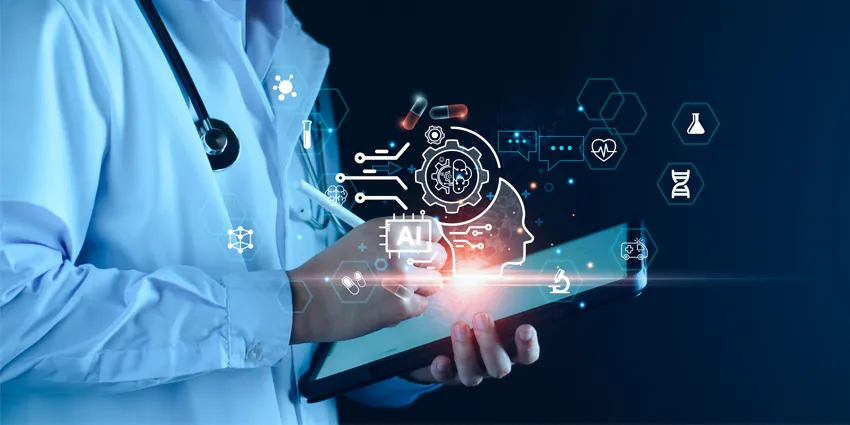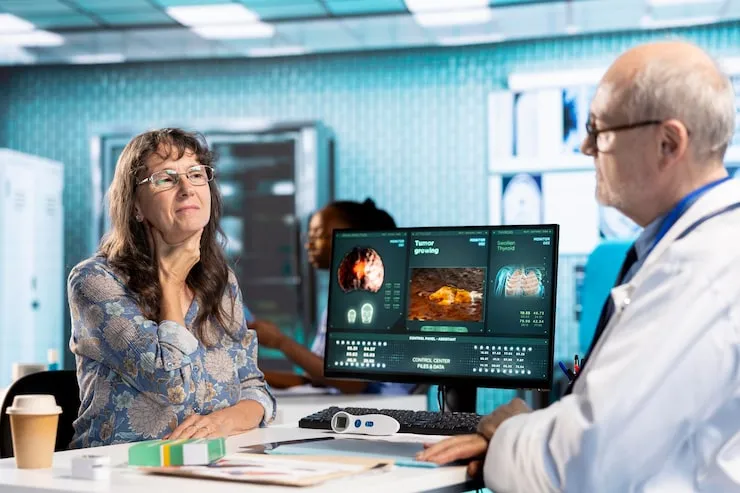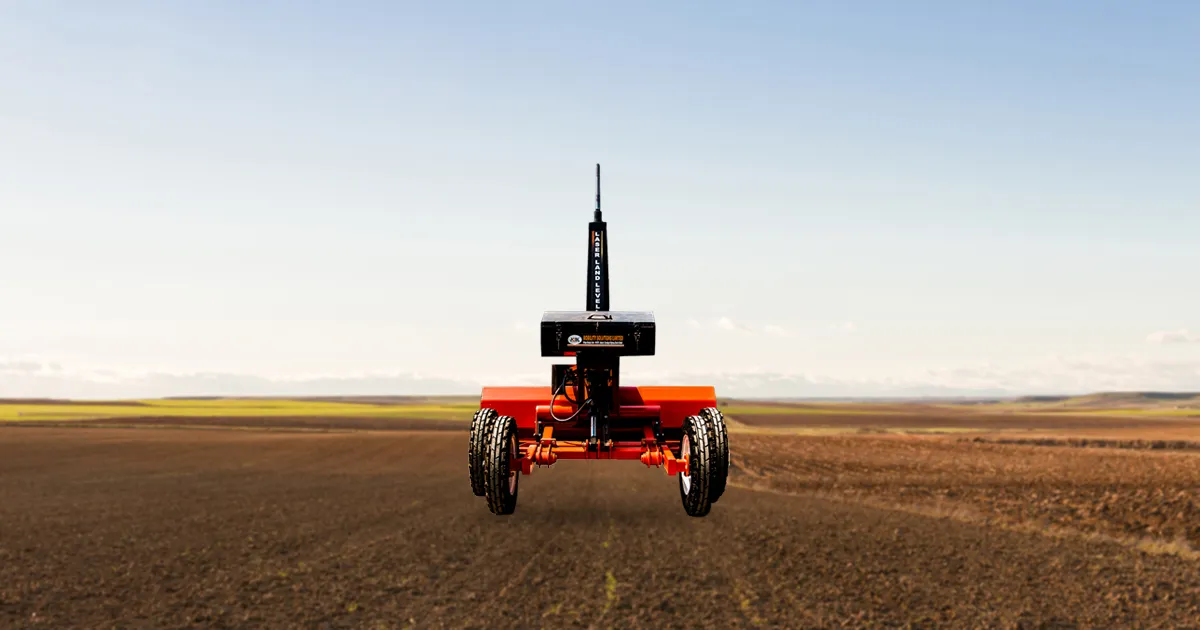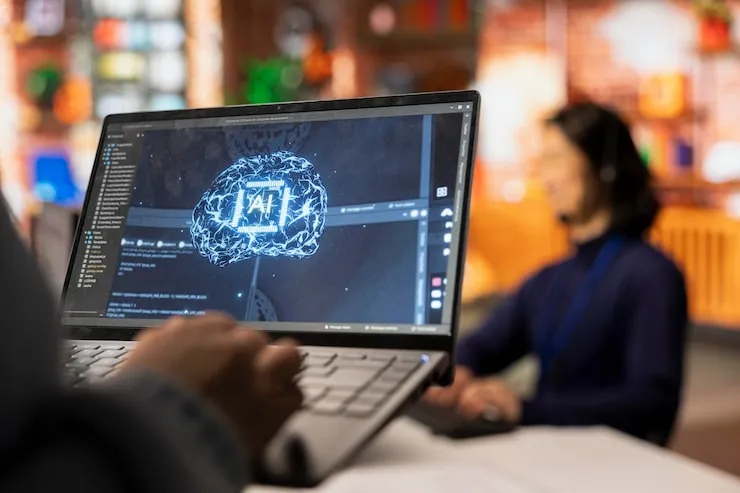In 2025, healthcare isn’t just about doctors and medicines — it’s about data. Every hospital, clinic, and lab in India is flooded with numbers, reports, scans, and patient histories. From a blood test in Jaipur to an MRI in Chennai, every second adds more gigabytes to India’s healthcare database. The problem? Humans can’t go through all of it fast enough. That’s where AI tools for healthcare step in like a trusted assistant.
They dig through mountains of medical data and pull out insights that can truly save lives—sometimes in ways even a human could never spot on their own. They don’t get tired. They don’t make silly calculation errors. And they can spot patterns in seconds that a human might miss in weeks. It’s no surprise that healthcare big data AI solutions are now the backbone of modern medicine. From a small nursing home in Lucknow to a multi-specialty hospital in Bangalore, AI tools for clinical data interpretation are helping doctors work faster, reduce costs, and give patients better care.
Why AI is Transforming Healthcare Data Analysis
Think about this: A single MRI scan can have over 100 images. Now multiply that by the thousands of patients a big hospital sees every month. That’s millions of images to review — and missing even one small detail could change a diagnosis.
AI doesn’t just speed up the process. Additionally, it helps physicians notice things that the human eye might overlook. Example? Apollo Hospitals introduced an AI-powered diagnosis system. It cut scan interpretation time by 50%. That means a patient waiting for a brain tumor report now gets answers in hours, not days. In India, where healthcare workers are already stretched thin, this is a game changer.
The Big Benefits of AI Tools for Healthcare in India
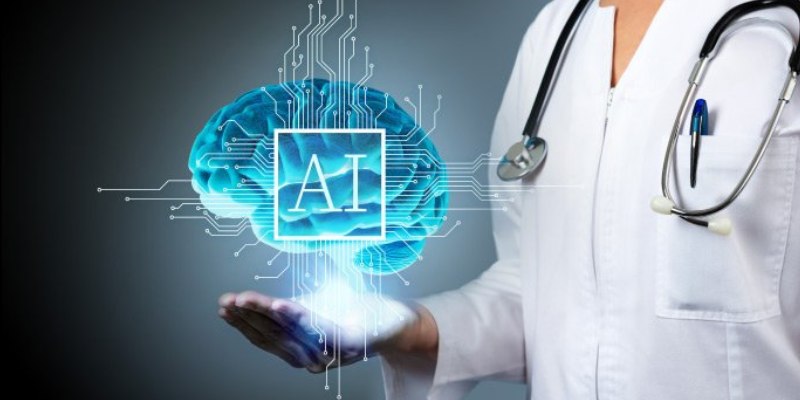
AI isn’t here to replace doctors. It’s here to make them faster, sharper, and more accurate.
Here’s how AI tools for healthcare are making a difference:
- Faster Diagnoses – No more waiting for weeks.
Error Reduction – AI doesn’t “forget” or skip a detail after a long shift. - Predictive Insights – AI helps doctors spot health issues before they turn serious.
- Cost Savings – AI lets hospitals save time, avoid unnecessary tests, and reduce costly errors.
- Personalized Treatment – Each patient gets a treatment plan designed around their medical history, habits, and unique genetic makeup.
Best AI Tools for Healthcare Data Analysis in 2025
Here are the most trusted AI tools for clinical data interpretation and big data analysis in healthcare this year — especially for the Indian market.
1. IBM Watson Health
- What It Does – Reads patient data, suggests the best treatments, and even helps in discovering new drugs.
- Why India Loves It: Works well with both large hospital databases and smaller clinic systems.
- Case Example – A cancer research center in Bengaluru used Watson to find treatment options for rare cancers. This helped cut the time from diagnosis to treatment by 40%.
2. Google Health AI
- What It Does – Uses deep learning to analyze medical images, help with diagnoses, and predict potential health risks.
- India Advantage: Google’s AI can integrate with Indian radiology systems seamlessly.
- Real Story: In a Delhi eye clinic, Google Health AI helped detect diabetic retinopathy early in 92% of cases — saving eyesight before symptoms worsened.
3. Microsoft Azure Health Data Services
- What It Does – It keeps patient data organized, analyzes it, and provides doctors with actionable insights in a smart, easy-to-use way.
- India Advantage – Cost-effective and perfect for multi-specialty hospitals already using Microsoft Office or Teams.
- Example – A hospital in Chennai reduced patient discharge times by 35% by automating report preparation.
4. Aidoc
- What It Does: Specializes in real-time medical imaging analysis.
- India Advantage: Extremely helpful for emergency care and trauma centers.
- Example: A Pune hospital used Aidoc in its ER and caught 27% more critical cases in time.
5. Qure.ai (Made in India)
- What It Does: An Indian AI startup focused on chest X-rays, brain CTs, and TB screening.
- Why It Matters: Works offline — perfect for rural health centers with poor internet.
- Example: Maharashtra’s used Qure.ai to screen TB program for thousands of patients faster than ever.
Healthcare Big Data AI Solutions: The Power Behind the Scenes
When we talk about AI in healthcare, we often imagine fancy machines reading X-rays.
But the real magic happens in the data processing layer.
Big hospitals in Mumbai, Delhi, and Hyderabad are running healthcare big data AI solutions that:
- Merge lab reports, scans, and patient notes into one clean record.
- Spot trends — like which areas have rising dengue cases.
- Predict patient loads during flu season so staff can be ready.
With AI, India’s healthcare can shift from just reacting to illnesses to actually preventing them before they even start.
Challenges Indian Healthcare Faces with AI
It’s not all smooth sailing. AI in healthcare still faces hurdles in India:
- Data Privacy Concerns – Hospitals must keep patient records safe to avoid leaks or misuse.
- Training Needs – Doctors, nurses, and staff need proper training to use AI tools effectively.
- Cost for Small Clinics – Even with lower prices, AI can still feel expensive for smaller or rural clinics.
- Internet Reliability – Some AI tools require constant internet, which isn’t always available in every part of India.
Future Trends in AI for Healthcare Data Analysis

By 2030, AI could become as common in hospitals as stethoscopes.
Here’s what’s coming:
- Voice-to-Record Systems – Doctors dictate, AI updates patient files instantly.
- AI Drug Development – Medicines designed in months, not years.
- Wearable Health AI – Smartwatches that warn you before a heart attack.
- Telemedicine AI – Automated first-level consultations before connecting to a doctor.
Read More:- Best AI Translation Tools for Businesses in 2025
Final Word: The Right AI Tool Can Save Lives
In 2025, the best AI tools for healthcare data analysis are not just “nice-to-have” — they’re essential. They help doctors do their job better, faster, and with fewer errors. From healthcare big data AI solutions in major hospitals to AI tools for clinical data interpretation in small-town clinics, the technology is quietly saving lives every day. The future of Indian healthcare isn’t just in the hands of doctors — it’s also in the hands of the AI that supports them.



